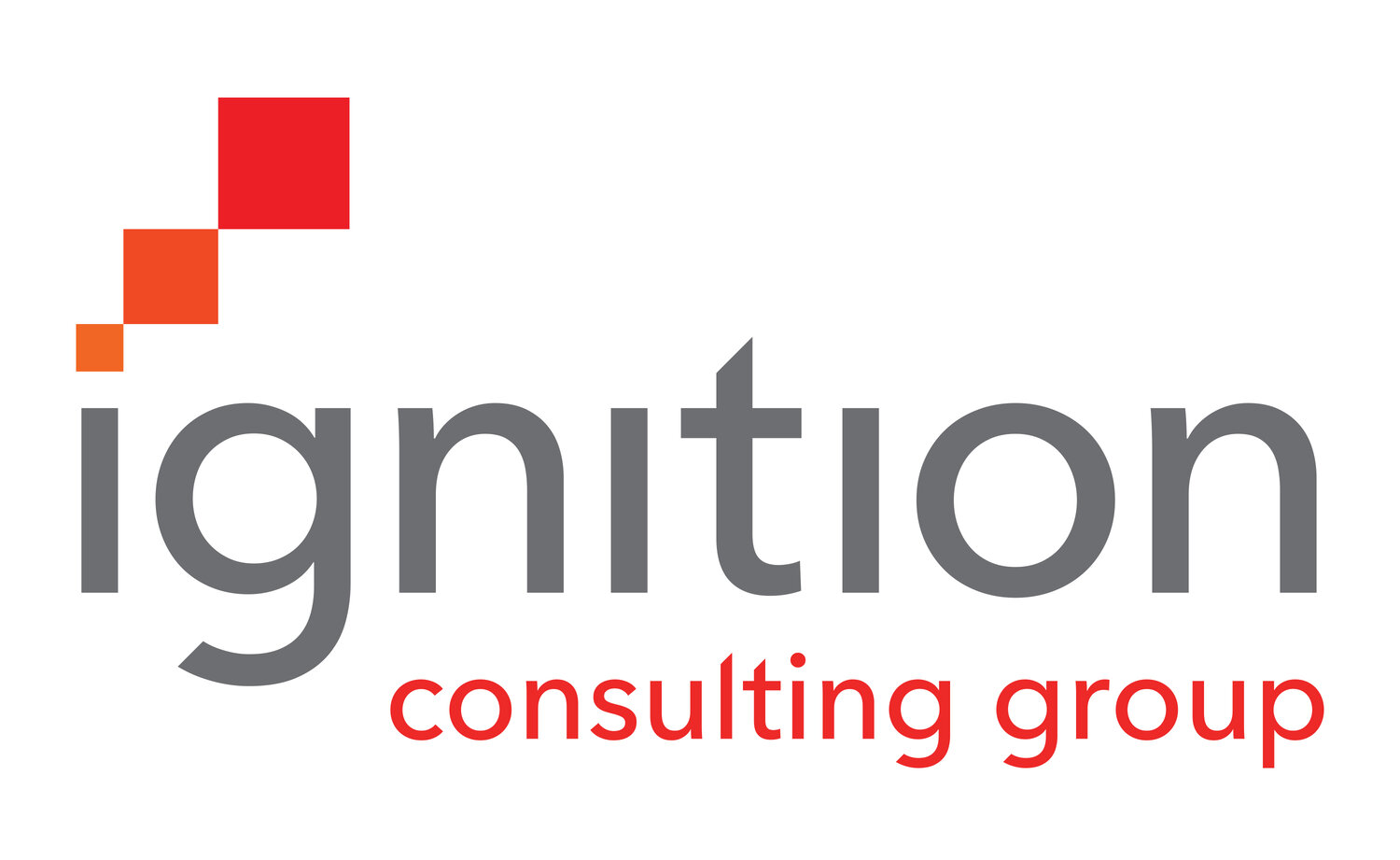Trading a Cost Focus for a Value Focus
By Tim Williams
Based on recent studies, the professional service firm spends over 10% of its time and energy recording, tracking, capturing, estimating, billing, and adjusting its time. In other words, feeding the “time machine.”
There are a number of things wrong with this picture. First, to be fixated on time assumes that timesheets are accurate, and every agency manager knows they aren’t. This alone should be reason enough to move to a more effective way of capturing the value you create. But there are many other compelling reasons as well.
Imagine if you took the time and energy your firm spends feeding the inaccurate and ineffective time machine and instead invested it in:
Identifying “scope of value” (expected client outcomes) not just scope of work (expected deliverables).
Collecting more complete information about assignments.
Developing more complete and insightful briefs.
Conducting better, deeper briefings.
Previewing work and recommendations with the client.
Investing more effort in presenting the work.
Pricing and billing the work in phases.
Paying more attention to “scope creep”.
Re-pricing and billing work that exceeds scope.
Doing a better job of tracking client business results to demonstrate success.
In other words, what would happen if you traded the time spent in column A (see below) for time spent in column B? Would the quality of your work be better? Would the client receive better value from the agency? Would you earn better margins on each assignment, and therefore on the client as a whole? The answer to all of these questions is yes. What exactly, then, is the counter-argument? Why should we stay trapped in a model that serves neither party well?
A: Cost-Based Approach
Asking team members for estimated hours
Preparing an estimate of hours
Tracking actual hours spent
Logging hours on timesheets
Collecting and policing timesheets
Inputting time in the software system
Producing timesheet reports
Reviewing time reports
Reconciling actual hours against estimated hours
Justifying hours to the client
Transferring or writing off hours
B: Value-Based Approach
Identifying scope of value (expected outcomes)
Clarifying scope of work
Collecting complete information about assignment
Developing more complete briefs
Conducting better briefings
Previewing the direction with the client
Investing more effort in presenting the work
Pricing (not estimating) the assignment
Pricing and billing the work in phases
Paying more attention to scope creep
Re-pricing work that exceeds scope
Other factors to consider
Consider the other major disadvantages of hourly billing:
Hourly billing misaligns the interest of the firm and the client––the client wants their work done effectively, whereas the firm wants to log more hours.
It focuses on efforts, inputs, hours, costs, activities, rather than outputs, results, and value.
It places the transaction risk on the client.
It fosters a production mentality, not an entrepreneurial spirit.
It encourages the hoarding of hours and decreases delegation, leading to “surgeons piercing ears.”
It penalizes technological advances, lessening a firm’s revenue if it performs work more effectively.
It commoditizes the firm’s intellectual capital into one inadequate hourly rate, denying a firm the opportunity to differentiate itself from the competition.
It doesn’t take into account the risk the firm is assuming working for clients. Risk is not priced by the hour. (Actuaries have an axiom: There is no such thing as bad risks, only bad premiums.
It places an artificial ceiling on a firm’s net income, since there are only so many hours in a day––indeed, a lifetime.
It creates bureaucracy. Time and billing programs consumer a sizeable portion of the firm’s gross revenue to maintain. These resources are better spent pricing on purpose.
It diminishes quality of life for associates of the firm. No one became a professional to bill the most hours, but rather to achieve something important. (Knowledge workers resent having to account for every six minutes of their day, as if their leaders do not trust them to do the work and the right thing.)
Important advantages await
While moving from the faulty time-based system can be understandably disconcerting for most agency executives, it produces a series of immediate positive benefits. When a marketing communications firm in New England made the decision that timesheets serve an outdated paradigm, they shared this list of benefits with their staff:
Reduced stress between account management and creative
No more shell game with time
No surprises to the client
Fewer billing challenges
More talk about profitability and less talk about time
Fewer reports
100% focus on the work
Higher profitability because value has more worth than time
New internal language and culture
Pricing expertise, not just costing expertise
When it comes to new business, instead of publishing a traditional schedule of hourly rates, this firm uses language like this:
“Unlike other agencies, we don’t sell time; we sell intellectual capital and business results. In fact, we believe that the traditional ways agencies charge works against the best interest of both the firm and the client. Hours and timesheets are focused on efficiency, and we don’t believe you’re buying efficiency. You’re buying value, effectiveness and results.
Because we don’t bill by the hour, we don’t have hourly rates. In fact, we don’t even have timesheets, because timesheets only serve to point us in the wrong direction. We trade the time that would have been spent tracking internal costs and invest it in tracking the external results we create for your brand.”
If you want to start capturing more of the value you create for your clients, begin by liberating your firm from the tyranny of the ineffective business of tracking time.


